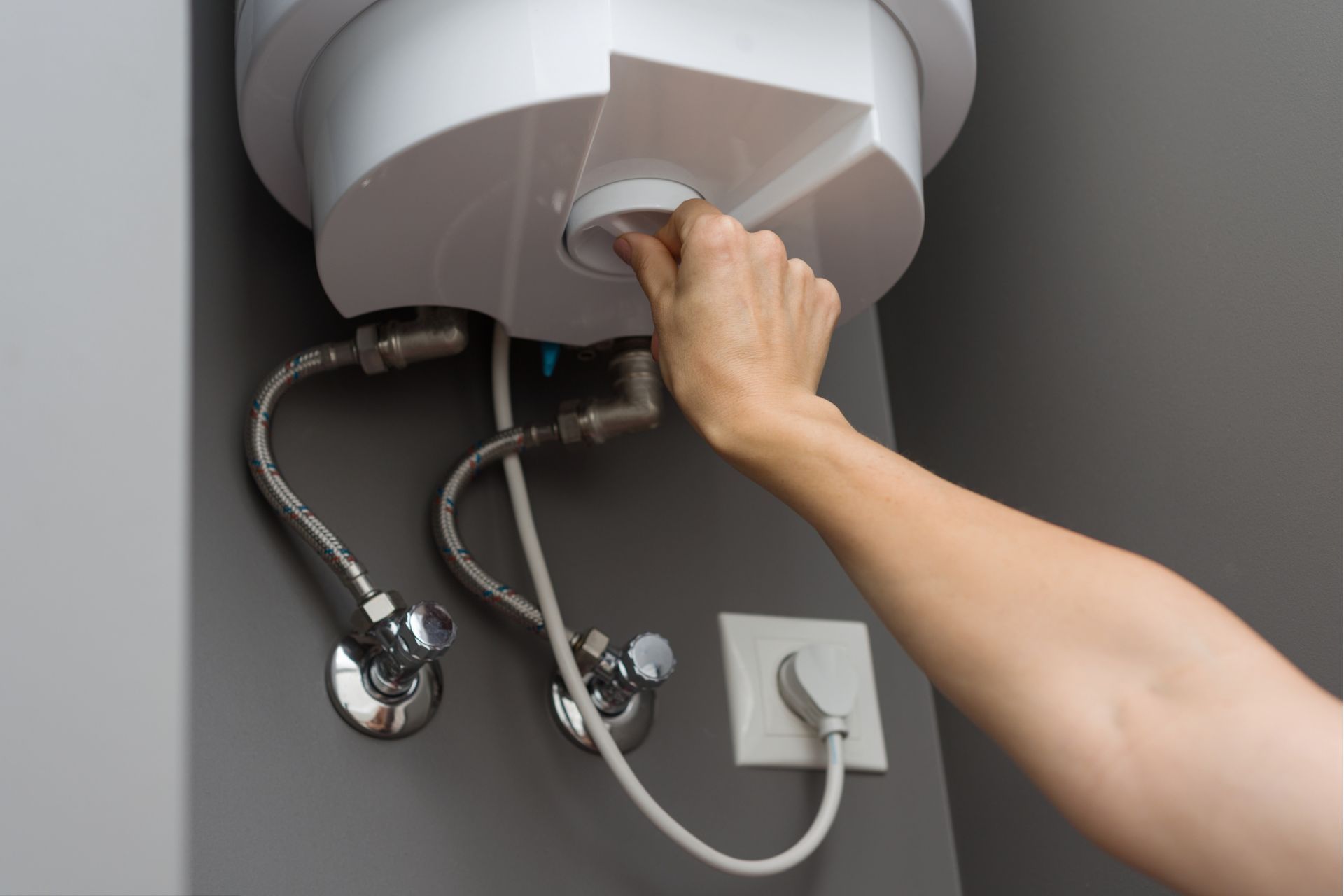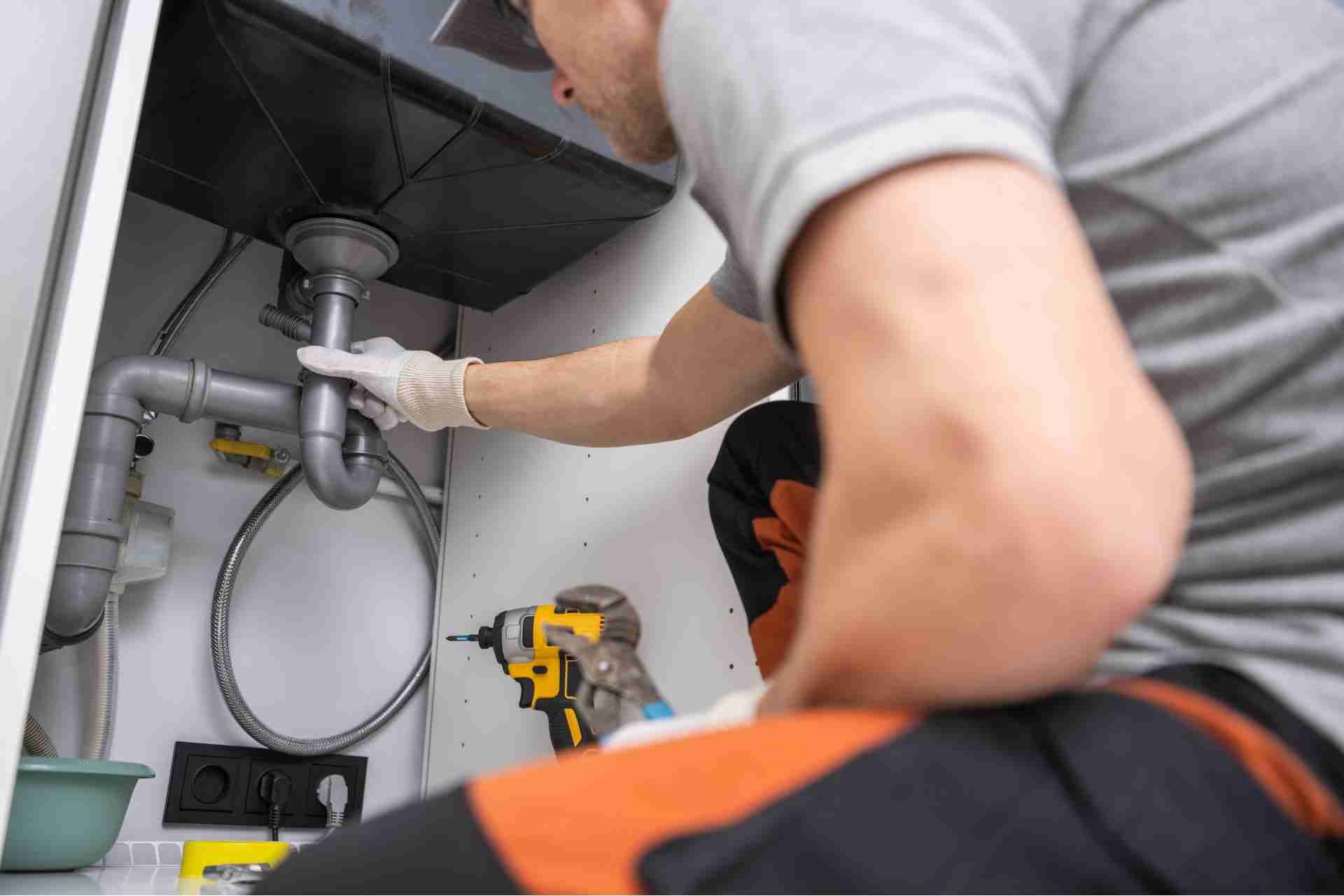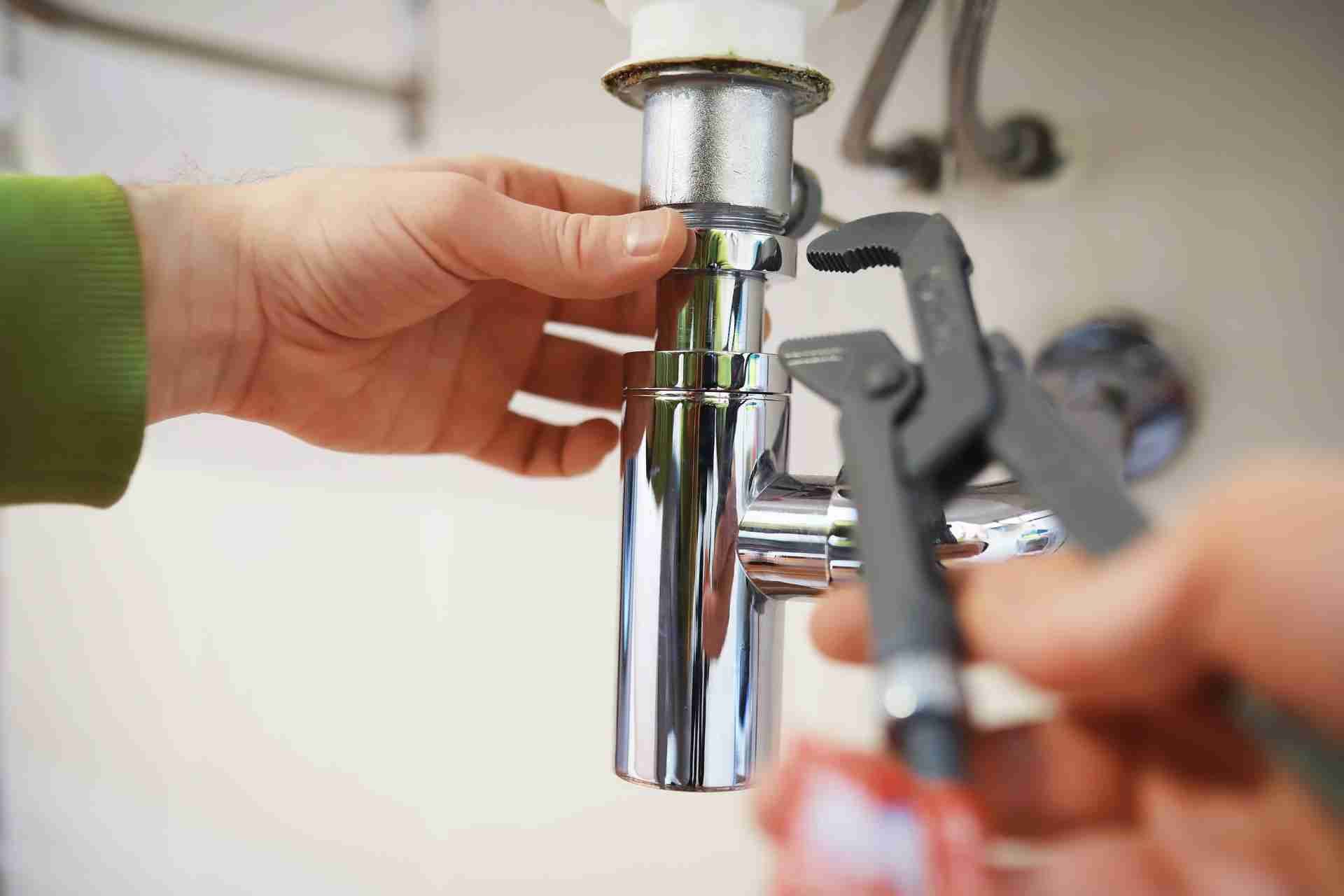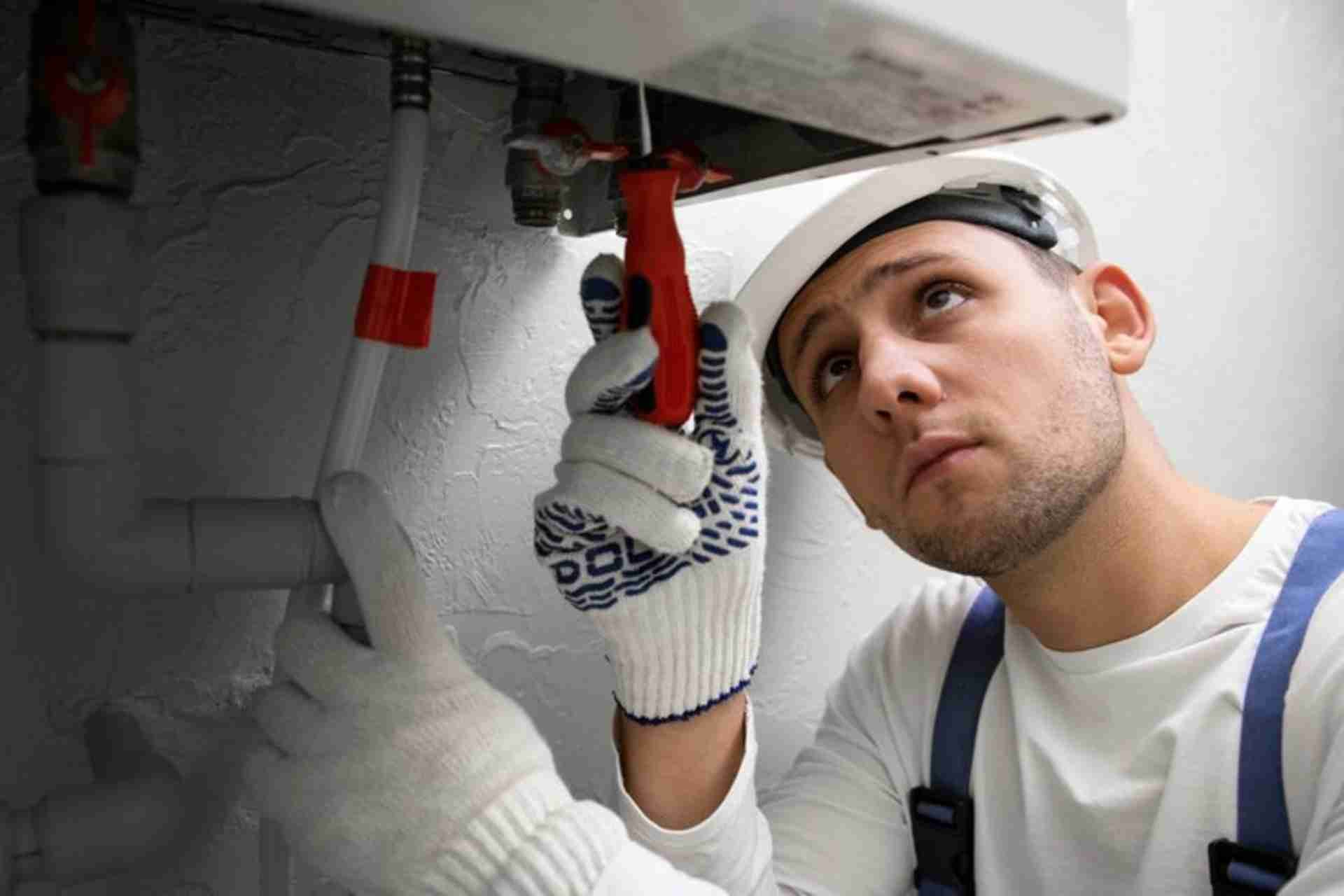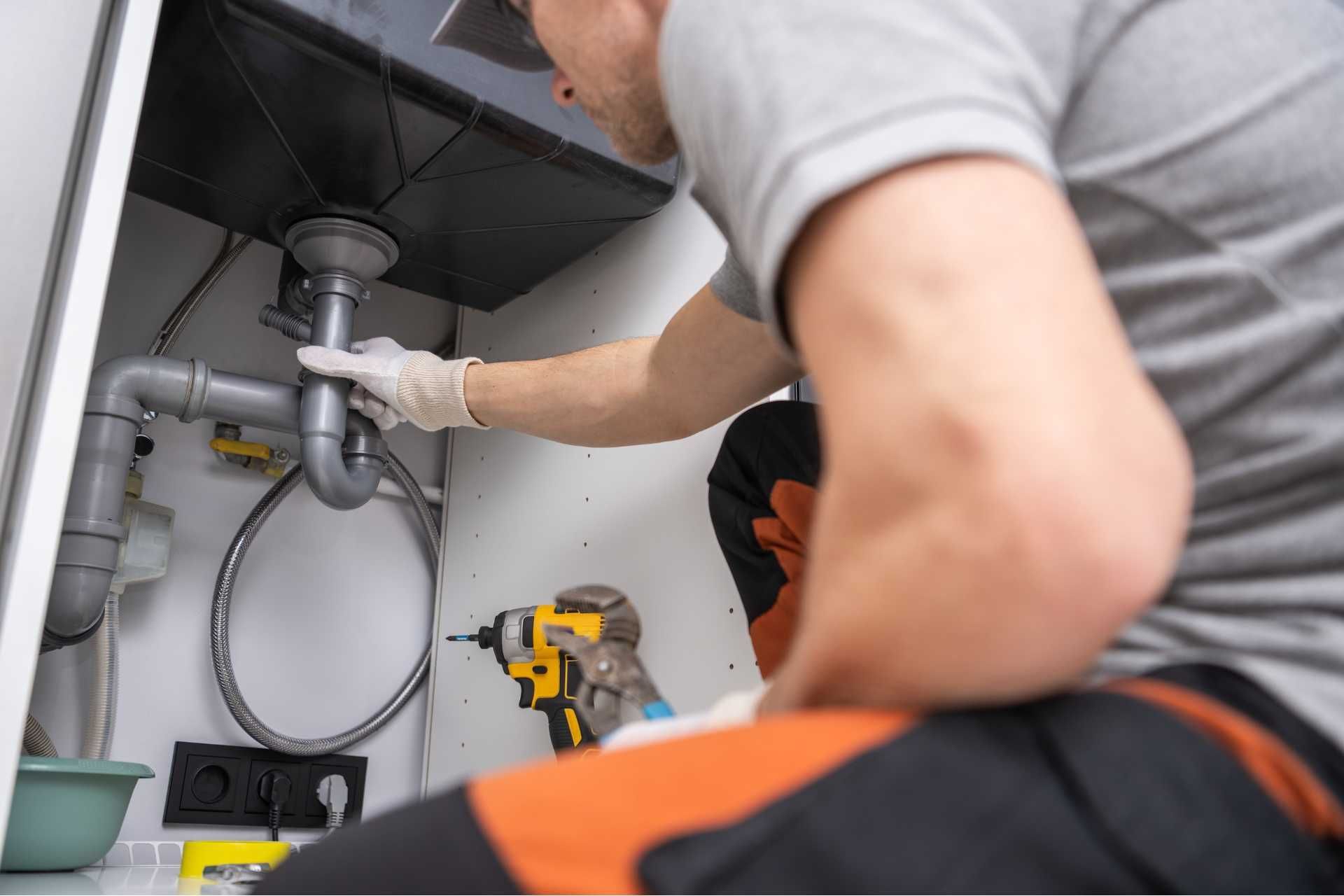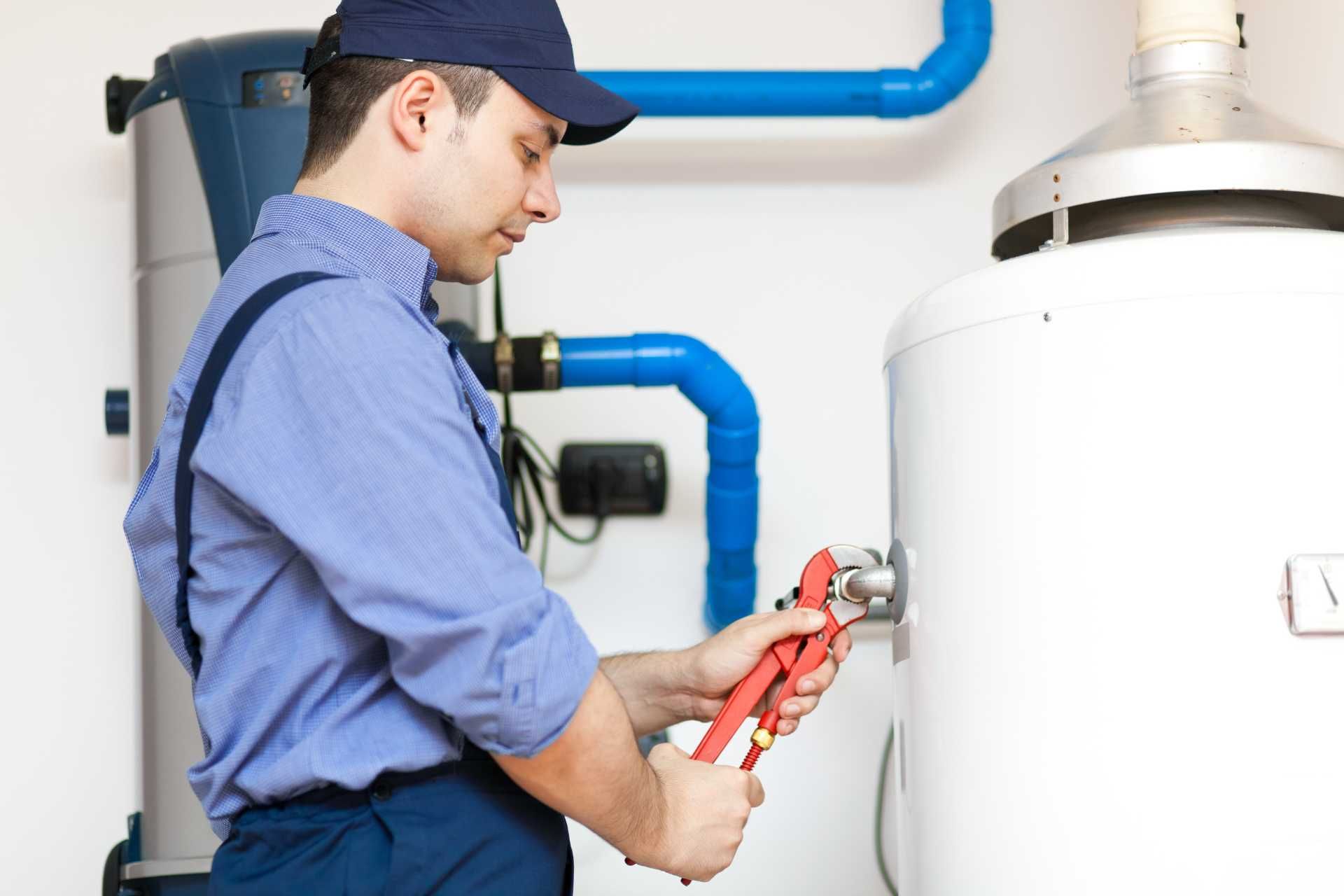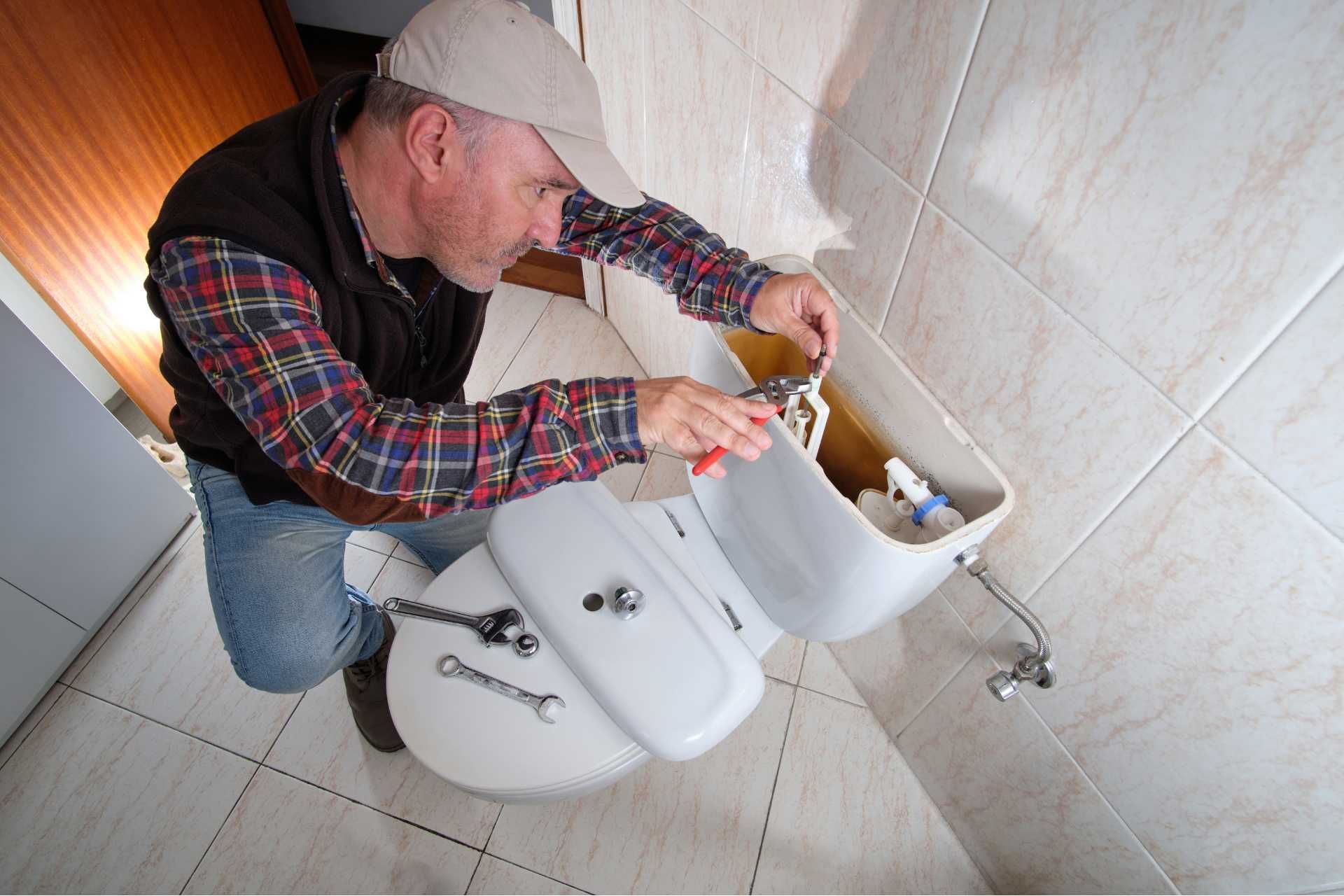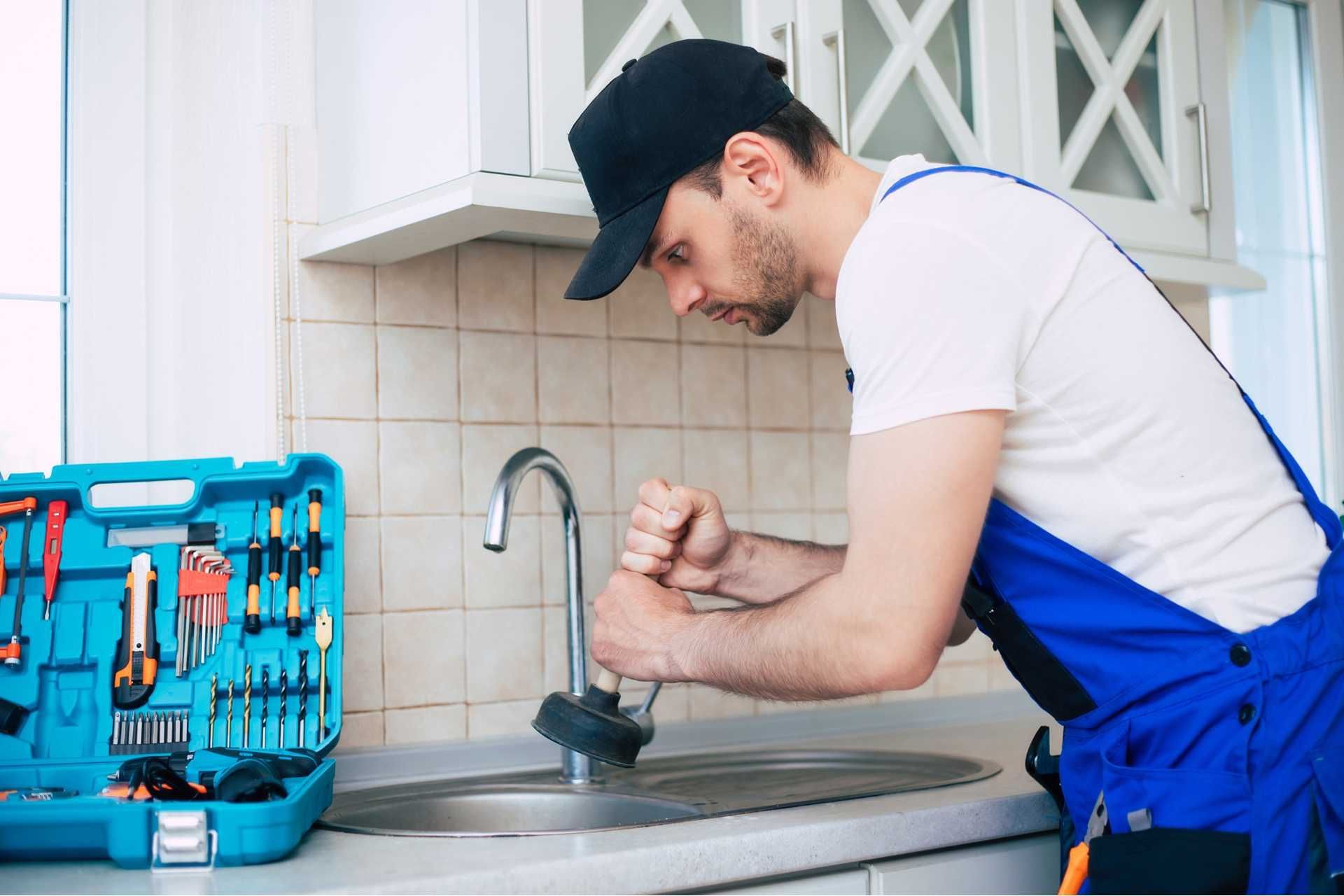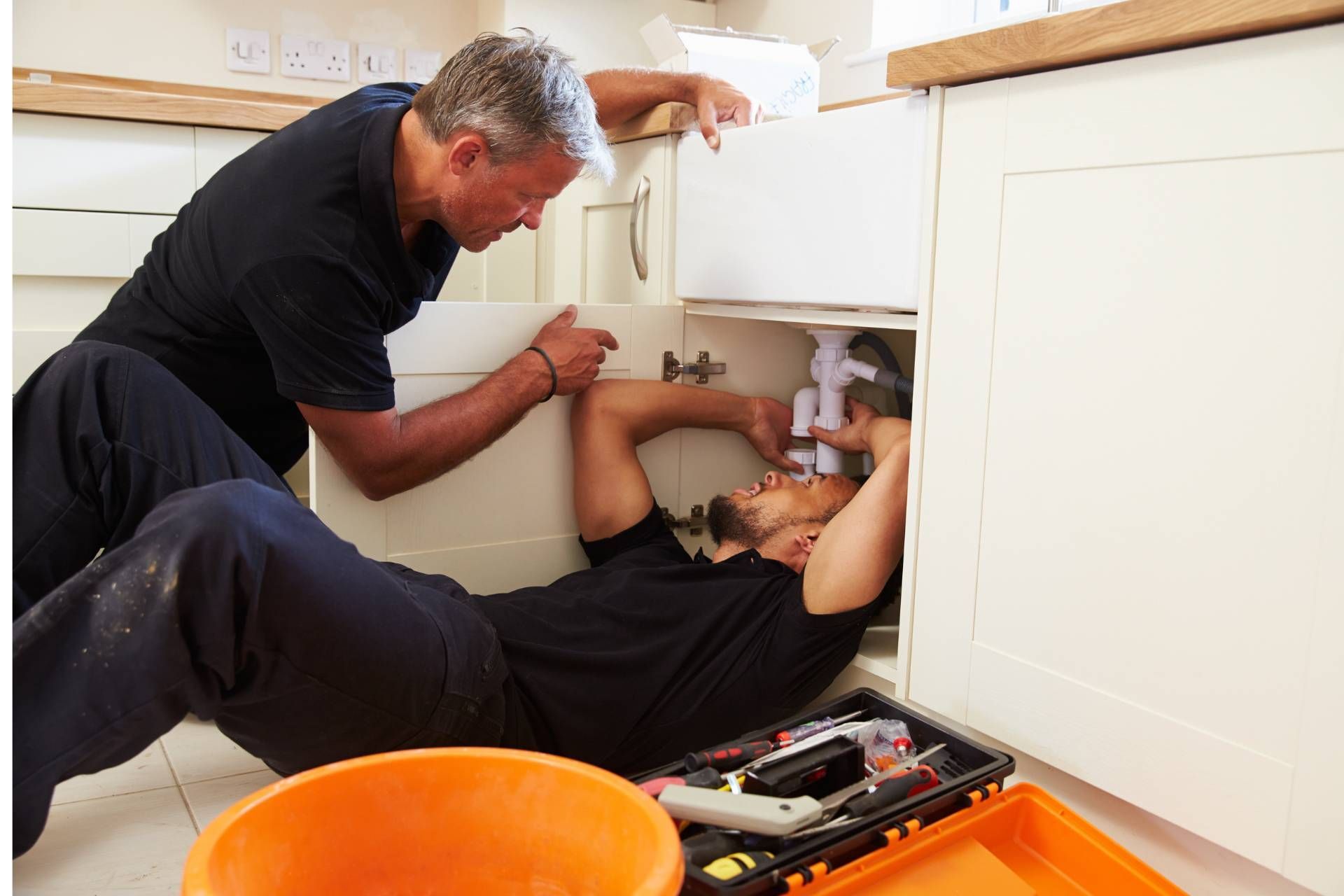Types of Water Heater and What to Choose
A water heater is an essential appliance in any household, providing hot water for bathing, cooking, cleaning, and more.
When it comes to heating water in your home, there are a variety of options to choose from. Each type of water heater has its own benefits and drawbacks, so it's important to understand the differences between them before making a decision.
In this blog post, we'll discuss the most common types of water heaters and help you determine which one is best for your home.
Tank Water Heaters
Tank water heaters are the most traditional and popular type of water heater. They store and heat water in a large tank, which is insulated to keep the water warm until it's needed.
One of the main advantages of tank water heaters is their simplicity and ease of use. They are relatively easy to install and maintain, making them a convenient option for many homeowners. Additionally, tank water heaters are typically more affordable to purchase and install compared to tankless water heaters. This makes them a cost-effective choice for those on a budget.
Another advantage of tank water heaters is their ability to provide a large amount of hot water on demand. With a tank water heater, you don't have to worry about running out of hot water during a shower or while doing the laundry. The tank continually heats and stores water, ensuring a consistent supply of hot water whenever you need it.
While there are many benefits to using a tank water heater, there are also some drawbacks to consider. One of the main drawbacks is their energy efficiency. Tank water heaters can be less efficient than tankless water heaters because they are continuously heating water, even when it is not being used. This can result in higher energy bills over time.
Additionally, tank water heaters can take up a significant amount of space, as they require a large tank to store the heated water. This can be a disadvantage for those with limited space in their home or business. However, there are smaller tank water heater options available for those who need to save space.
Tankless Water Heaters
Tankless water heaters are becoming increasingly popular among homeowners looking to save space, energy, and money. Unlike traditional water heaters that store and continuously heat a large tank of water, tankless water heaters heat water on demand as it flows through the unit. This not only eliminates the need for a bulky storage tank, but also helps to reduce energy consumption and lower utility bills.
One of the main benefits of a tankless water heater is its compact size. These units are typically much smaller than traditional water heaters, which means they can be installed in smaller spaces such as closets or even on the wall. This can be especially beneficial for homeowners with limited space or those looking to free up room for storage or other appliances.
Another advantage of tankless water heaters is their energy efficiency. Because they only heat water when it is needed, rather than continuously heating and reheating a large tank of water, tankless water heaters are able to conserve energy and reduce utility costs. In fact, studies have shown that tankless water heaters can be up to 30% more energy efficient than traditional water heaters, which can lead to significant savings over time.
In addition to saving space and energy, tankless water heaters also provide an endless supply of hot water. With a traditional water heater, you may run out of hot water if you use a lot of it in a short period of time. But with a tankless water heater, hot water is always available on demand, so you never have to worry about running out.
Heat Pump Water Heaters
Heat pump water heaters use electricity to move heat from the air or ground into the water, making them one of the most energy-efficient options available.
One of the main advantages of heat pump water heaters is their high energy efficiency. According to the U.S. Department of Energy, these appliances can be up to three times more energy efficient than conventional electric water heaters. This is because they do not rely solely on electricity to heat water, but instead use a small amount of electricity to move heat from the air or ground to the water.
In addition to saving energy, heat pump water heaters also have a longer lifespan compared to traditional water heaters. This means that homeowners will not only save money on their utility bills in the long run, but they will also avoid the hassle and expense of replacing their water heater as frequently.
Another benefit of heat pump water heaters is their environmentally friendly operation. By relying on renewable sources of heat, such as the air or ground, these appliances produce fewer greenhouse gas emissions compared to conventional water heaters. This can help reduce the carbon footprint of homes and contribute to a more sustainable future.
Solar Water Heaters
Solar water heaters come in two main types: active and passive systems. Active systems use pumps to circulate water through the solar collector and into the storage tank, while passive systems rely on natural convection to move water through the system. Both systems can be used in a variety of climates, making them a versatile and efficient option for heating water.
One of the primary benefits of using a solar water heater is the significant reduction in energy costs. By relying on the sun's energy to heat water, homeowners and businesses can see a noticeable decrease in their monthly utility bills. In fact, studies have shown that solar water heaters can reduce energy consumption for heating water by up to 80%, depending on the size of the system and the amount of sunlight available.
In addition to cost savings, solar water heaters also have a positive impact on the environment. By using renewable energy to heat water, users can significantly reduce their carbon footprint and reliance on fossil fuels. This can help combat climate change and contribute to a more sustainable future for our planet.
Another benefit of using solar water heaters is their longevity and durability. With proper maintenance, a solar water heater can last for up to 20 years or more, making it a long-term investment that pays off in the long run. Additionally, many solar water heater systems come with warranties, giving users peace of mind that their investment is protected.
While there are some upfront costs associated with installing a solar water heater, such as purchasing and installing the system, the long-term savings and benefits far outweigh the initial investment. In fact, many governments and utility companies offer incentives and rebates to help offset the costs of installing a solar water heater, making it an even more attractive option for those looking to go green and save money.
Condensing Water Heater
Condensing water heaters work by capturing and using the heat that is normally wasted during the combustion process in traditional water heaters. This is achieved through a secondary heat exchanger that extracts heat from the combustion gases and transfers it to the water being heated. As a result, condensing water heaters are able to operate with remarkably high efficiency levels, typically around 90% or higher.
One of the biggest advantages of condensing water heaters is their energy efficiency. By using the heat that would otherwise be wasted, these appliances are able to significantly reduce energy consumption and lower utility bills. This is not only good for the environment but also for your wallet.
In addition to improved energy efficiency, condensing water heaters also offer a constant supply of hot water. This is because they have a larger storage capacity and are able to heat water more quickly than traditional water heaters. As a result, you can enjoy hot showers, do laundry, and run the dishwasher without worrying about running out of hot water.
Another benefit of condensing water heaters is their compact size. These appliances are typically smaller and more space-efficient than traditional water heaters, making them a great option for homes with limited storage space. Additionally, condensing water heaters are often quieter than traditional units, making them a more pleasant addition to your home.
What to Choose
Choosing the right water heater for your home is an important decision that will impact your comfort and convenience for years to come. With so many options available on the market, it can be overwhelming to decide which one is best for your needs. Here are some factors to consider when choosing a water heater:
Fuel type
Water heaters are typically powered by electricity, natural gas, propane, or oil. Each fuel type has its own pros and cons, so consider which option is most cost-effective and readily available in your area.
Size
The size of your water heater will depend on the size of your household and how much hot water you use on a daily basis. A larger household will require a bigger water heater to ensure everyone has enough hot water for showers, dishes, and laundry.
Energy efficiency
Energy-efficient water heaters can help you save money on your utility bills while also reducing your carbon footprint. Look for models with a high Energy Factor (EF) rating to ensure you are getting the most bang for your buck.
Warranty
Water heaters are a significant investment, so it's important to choose one with a solid warranty that will protect you in case of any malfunctions or defects. Compare warranties from different manufacturers to ensure you are getting the best deal.
Cost
Water heaters come in a wide range of prices, so it's important to set a budget before you start shopping. Consider the initial cost of the unit, as well as installation and operating costs, to determine which option fits within your budget.
Maintenance requirements
Some water heaters require more frequent maintenance and repairs than others, so consider the long-term maintenance requirements when choosing a unit. Tankless water heaters, for example, require less maintenance than traditional tank-style water heaters.
Installation location
Consider where you plan to
install your water heater and ensure that the chosen model will fit in the available space. Tankless water heaters are typically smaller and can be mounted on a wall, making them a great option for smaller homes or apartments.
Address: 3215 Dix Hwy, Lincoln Park, MI 48146 | Phone: 1-877-783-TRUE (8783)
Copyright © 2023 Tru-Flo Plumbing, All Rights Reserved


